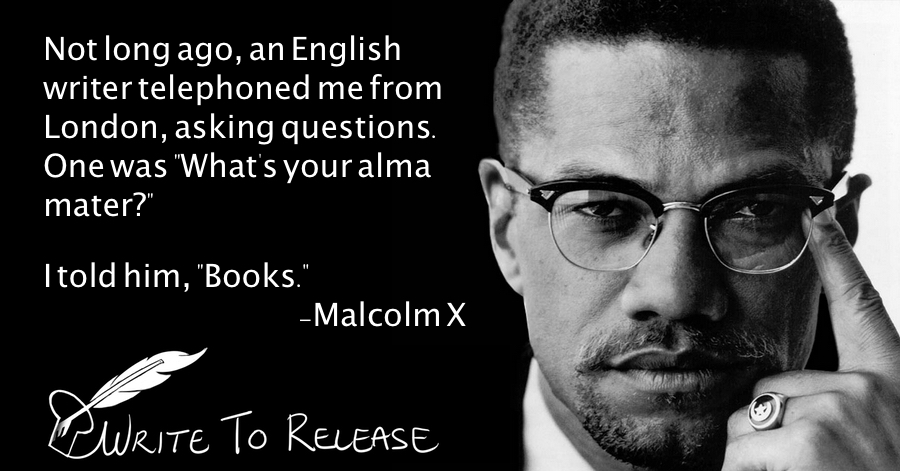Tag Archives: offender rehabilitation
Guest Blog
Recently our founder, Esley Stahl, wrote a guest blog for No Offence! CIC, an international criminal justice network based in the United Kingdom. In it, Stahl discusses the detrimental effects of the pervasive stereotyping of inmates, which largely goes ignored in our society. We encourage you to check out the blog and explore the other news and work No Offence! highlights.
Thursday Thoughts
“I am convinced that imprisonment is a way of pretending to solve the problem of crime. It does nothing for the victims of crime, but perpetuates the idea of retribution, thus maintaining the endless cycle of violence in our culture. It is a cruel and useless substitute for the elimination of those conditions–poverty, unemployment, homelessness, desperation, racism, greed–which are at the root of most punished crime. The crimes of the rich and powerful go mostly unpunished.
It must surely be a tribute to the resilience of the human spirit that even a small number of those men and women in the hell of the prison system survive it and hold on to their humanity.”
A Prisoner’s Closest Friend…Is a Book
I was in prison for 16 years and seven months. Even on my most difficult days, books were my companions. Books were what inspired me to banish the feelings of vengeance from my heart, to struggle to survive. Books, and the joy that comes from writing books, brought me out of prison alive. –Mamadali Makhmudov
The title of this post and the aforementioned quote are excerpted from a moving piece recently posted on the English PEN website. English PEN is a UK based organization that seeks to “defend writers and readers in the UK and around the world whose human right to freedom of expression is at risk.” Their ongoing Books for Prisoners campaign highlights the thoughts of detained writers they have supported through the mission of their organization. Books for Prisoners asks its writers to speak to the importance of books and reading while incarcerated. I encourage you to read the piece in its entirety for Makhmudov’s candid explanation on what books meant to him as a prisoner.
An interesting part, which struck me, is his assertion that roughly 10% of the Uzbekistani prisoners he encountered spent their time reading. What Makhmudov does not make clear is whether this is an issue of access, interest, or a combination of both. What is important to note, though, is that the 90%, as characterized by Makhmudov, have little to live for. He states: “they have never read a book that awakens in them any hope for life, any love for their home, any hope for the future. Therein lies the whole tragedy.”
A tragedy may be an understatement, especially if this issue is access to books. While I don’t want to opine here on the reason, it is clear–given the work of English PEN and mention in an earlier blog post of the UK ban on sending books to prisoners–that prisoner access to books is an issue. Whether it is in central Asia, the UK, or here at home in Illinois (where some students recently told me they weren’t able to go to the jail library for 3 weeks), access to books should be a fundamental right of inmates, especially if we aim for the humanistic approach of rehabilitation. You don’t have to read stories like Makhmudov to believe that; you just have to imagine, for one moment, where you would be if you had never read a book.
Thursday Thoughts
“You can chain me, you can torture me, you can even destroy this body, but you will never imprison my mind.”
–Mahatma Gandhi

